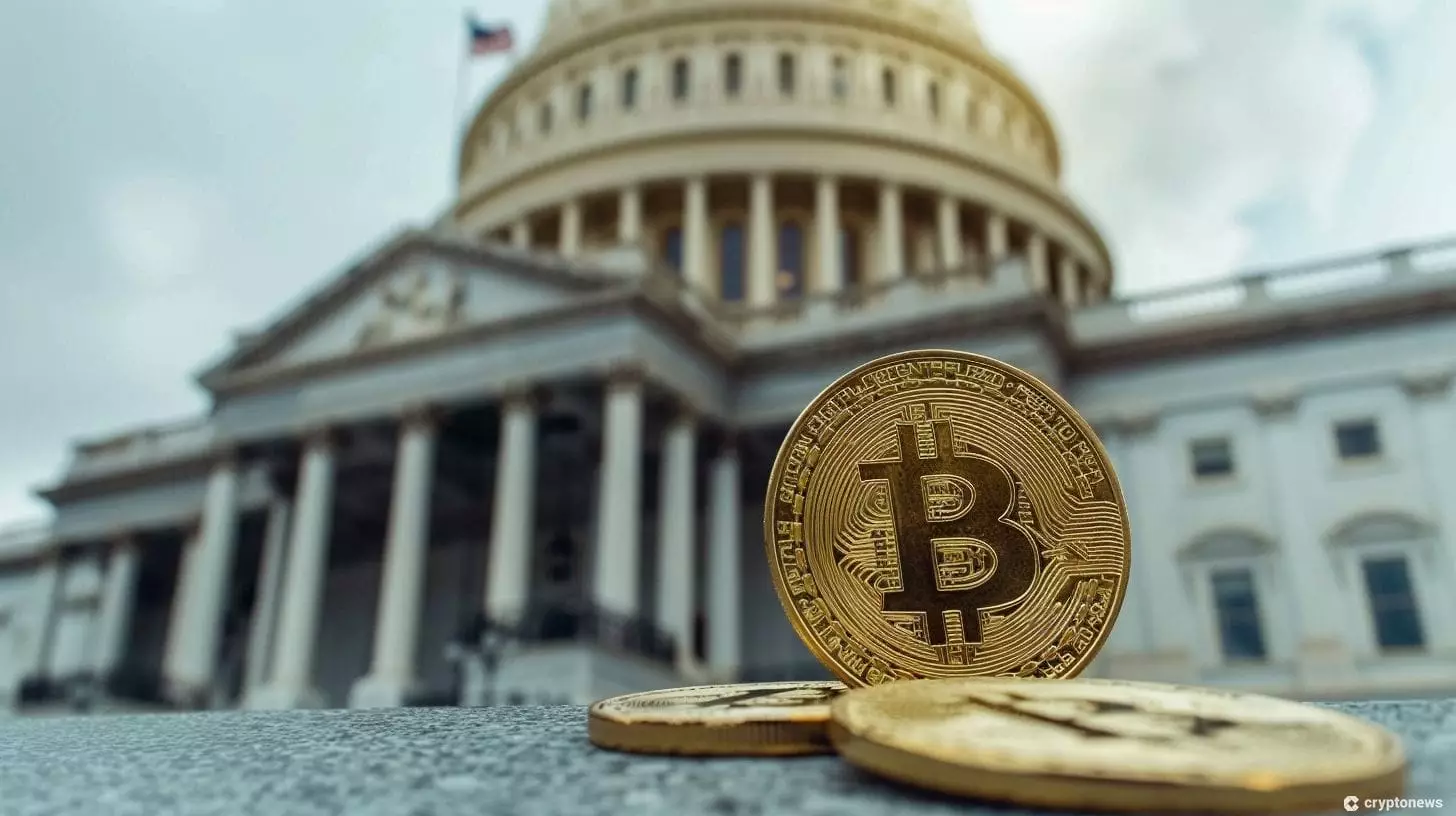The United States Securities and Exchange Commission (SEC) Chair Gary Gensler recently voiced his concerns over the Financial Innovation and Technology for the 21st Century Act (FIT21), pointing out potential regulatory gaps and risks associated with the proposed bill. Gensler’s statements have sparked a debate within the crypto community and raised questions about the future of digital asset regulation in the U.S.
Gensler’s main argument against FIT21 revolves around the perceived creation of new regulatory gaps and the undermining of established oversight practices regarding investment contracts. By allowing crypto operators to self-certify their products, Gensler believes that the bill could expose investors and capital markets to significant risks. He also expressed skepticism towards the elimination of the Howey Test, a longstanding benchmark for determining whether an investment constitutes a security.
The SEC has been actively pursuing legal action against a number of cryptocurrency companies for alleged violations of securities laws. Gensler’s aggressive stance on enforcement has drawn criticism from industry stakeholders, highlighting the tensions between regulatory oversight and the need for innovation in the crypto space. The recent resolution to overturn the SEC’s guidance on crypto accounting further underscores the challenges faced by regulators in adapting to new technologies.
Stuart Alderoty, Chief Legal Officer of Ripple, a prominent blockchain firm embroiled in a legal battle with the SEC, criticized Gensler’s leadership and approach to regulation. Alderoty accused Gensler of overreaching in his efforts to control the crypto industry, portraying him as a political liability. This reaction reflects the broader sentiment within the crypto community towards regulatory overreach and the need for clearer guidelines.
If FIT21 is passed, it would represent a significant milestone in the U.S. government’s efforts to establish a comprehensive regulatory framework for cryptocurrencies. The bill’s adoption could signal a departure from Gensler’s current regulatory approach and pave the way for a more balanced and transparent system of oversight. However, the potential impact on innovation and market dynamics remains uncertain, with stakeholders on both sides of the debate voicing their concerns.
The SEC’s critique of the FIT21 Act highlights the complexities and challenges of regulating emerging technologies in a rapidly changing environment. While Gensler’s concerns are valid, the debate over regulatory oversight in the crypto industry underscores the need for a collaborative and forward-thinking approach. As the landscape continues to evolve, finding a balance between investor protection and innovation will be crucial in shaping the future of digital asset regulation.

